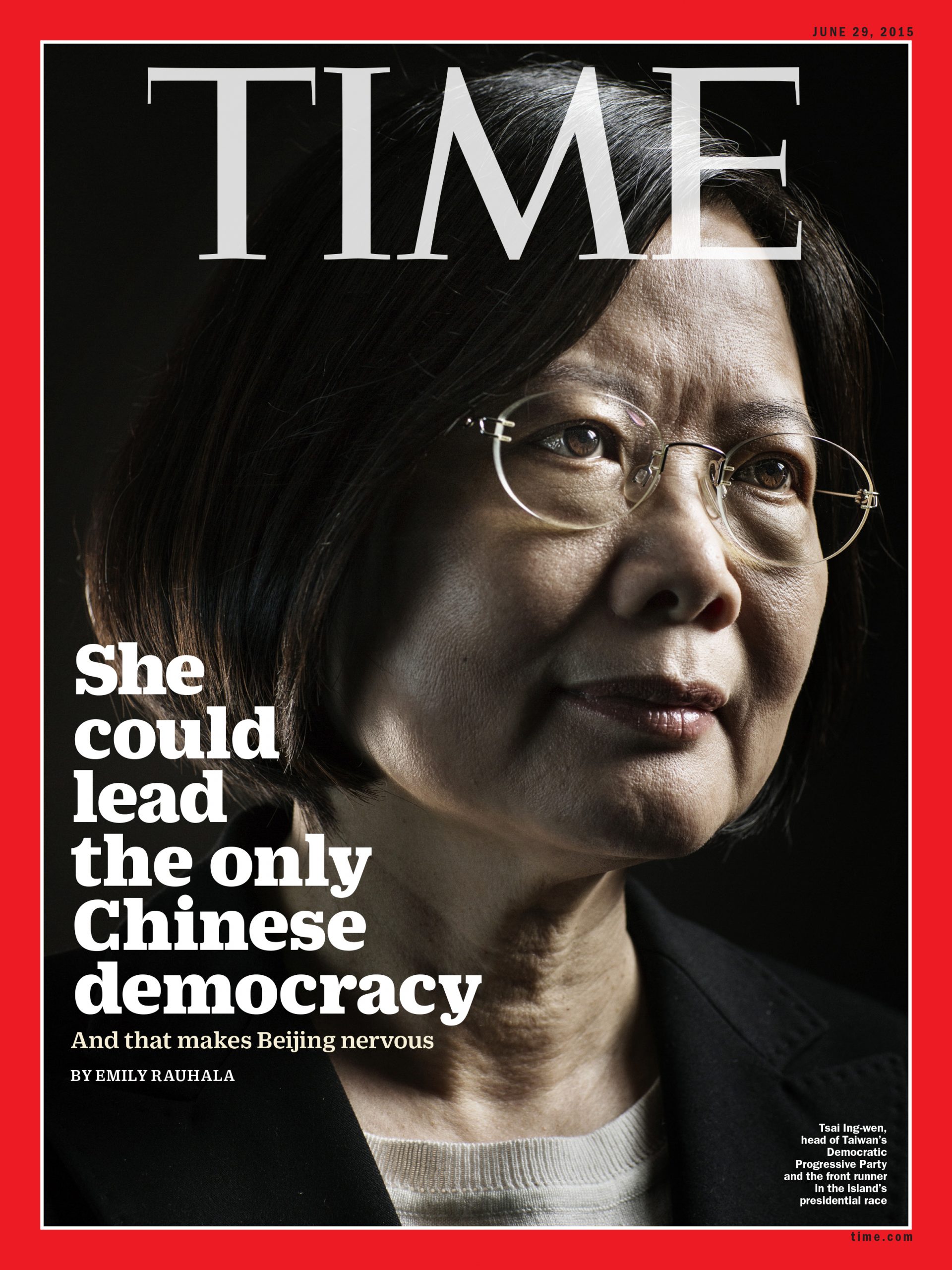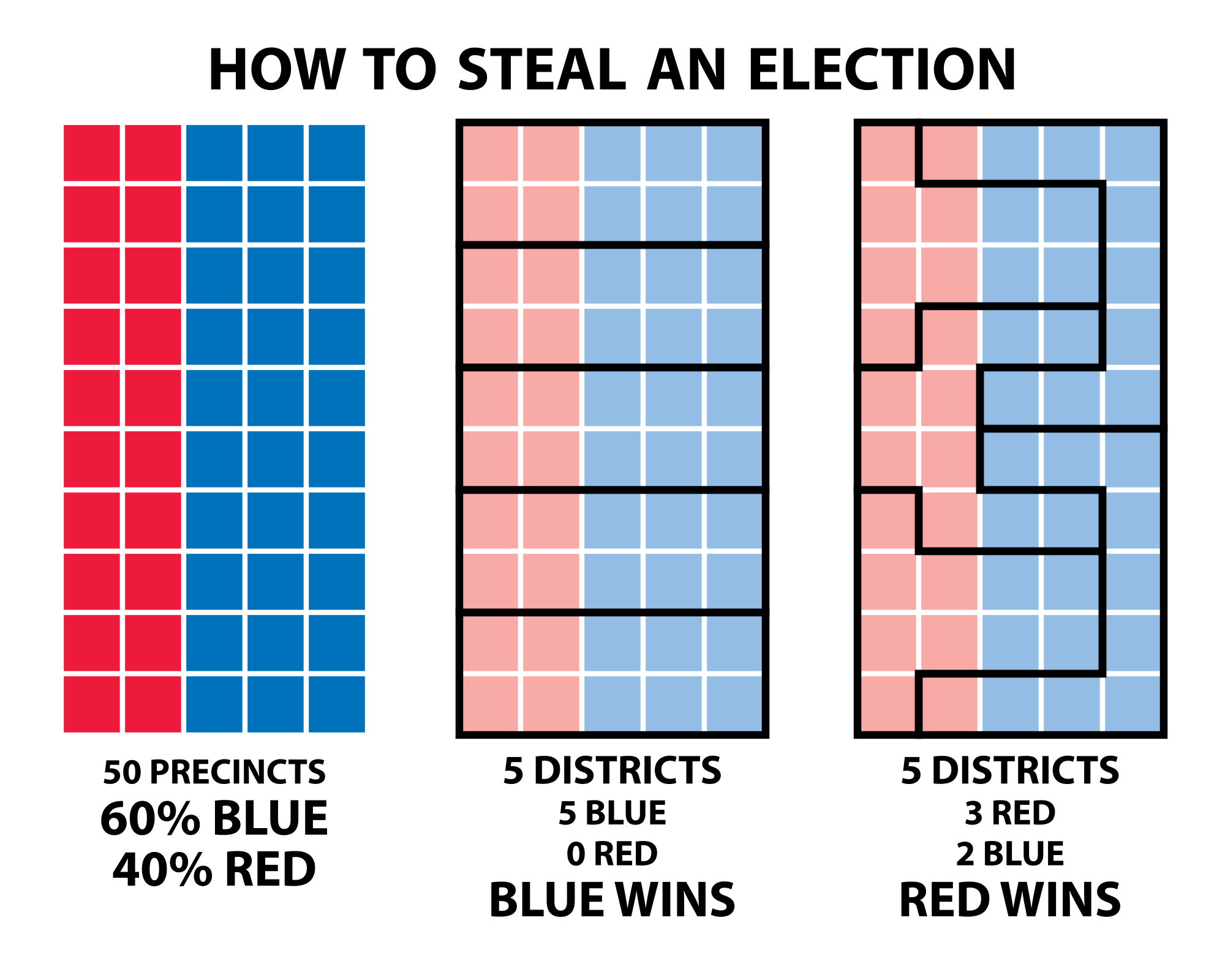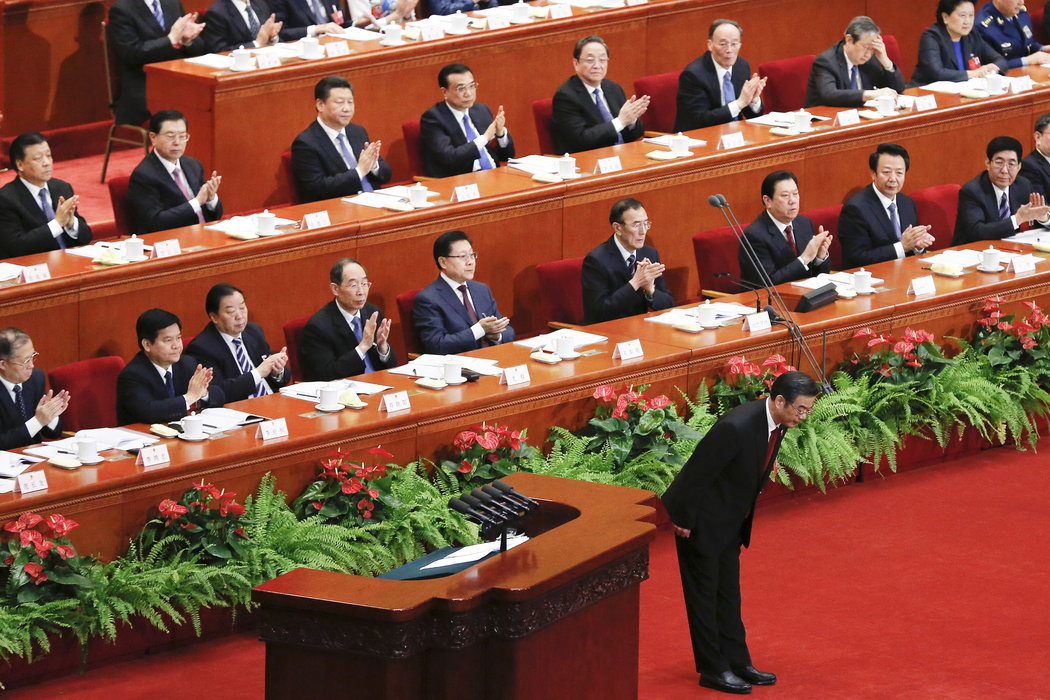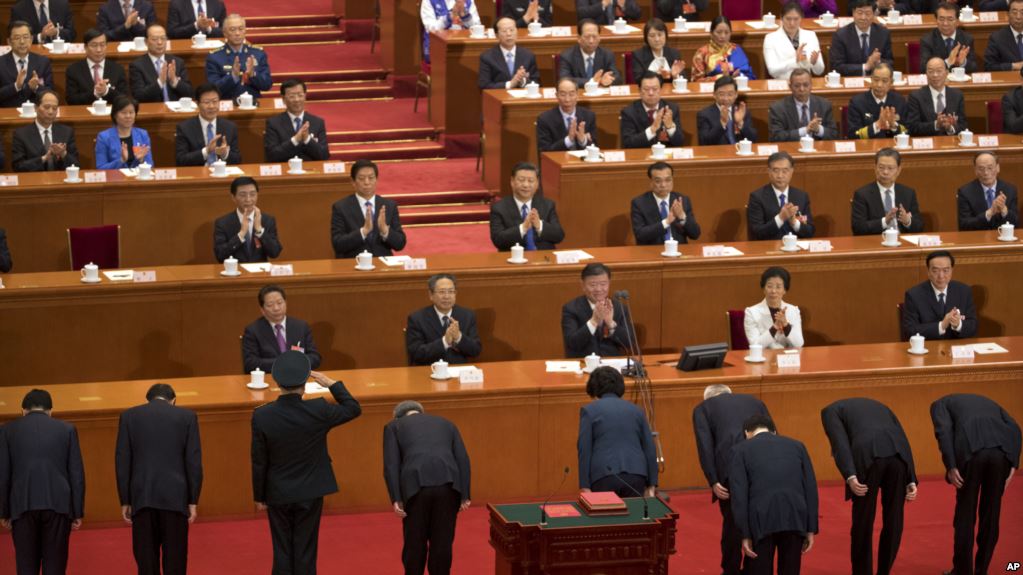
Continue reading “Change of Course: Canada-China Relationship after Meng Wanzhou”

The personal is political.

Continue reading “Change of Course: Canada-China Relationship after Meng Wanzhou”


Continue reading “Epidemic of Power Vacuum: Covid-19 and the Escalating Cartel Activities in Mexico”

The “No Strings Attached” pitch comes with major caveats.
by Andy Wu

Continue reading “Chinese Foreign Aid is Bad News for Development”
 by Andy Wu
by Andy Wu
On June 27, 2019, the Supreme Court issued its decision on Rucho v. Common Cause, a landmark case regarding partisan gerrymandering. The 5-4 decision split the conservative and liberal justices, and ruled that the federal courts cannot review allegations of partisan gerrymandering. Chief Justice John Roberts, siding with the majority, expressed opposition to partisan gerrymandering, but also stated that to stop partisan gerrymandering is the prerogative of the states and Congress, not the federal courts. (Chung & Hurley, 2019) Continue reading “Partisan Gerrymandering in America and How to Stop It”

In preparation for the 1983 election campaign, Margaret Thatcher, then first-term Prime Minister, famously announced during the Conservative Party’s annual convention that “the NHS is safe in our hands.” This was a successful attempt at dispelling the impression that the NHS was at risk of privatization under another Conservative government, enabling a landslide victory next year. Despite this promise, the following Conservative governments witnessed perpetual underfunding, market deregulation and radical reforms that stopped only short of outright privatization. This article considers the 1989 White Paper “Working for Patients” as a pivotal point for the NHS and a guiding document for Conservatives’ zealous endeavors of reform. We also look at how this document reflects the Conservative’s general way of approaching public institution reform under Thatcher’s influence, and its decades-long impact on the NHS. Continue reading ““Working for Patients”: Thatcherism’s Disguised Attack on the British Healthcare System”

Introduction
There is no doubt that the border wall is the centrepiece of the border security policy of the Trump Administration. Every Trump rally held across the country had people chanting “build the wall” without fail since Trump clinched the Republican Nomination in 2016 (Kaneally 2018). Now, after a bruising partial government shutdown and a national emergency declaration widely challenged in Federal courts around the country, we look at some of the options left for the Trump Administration to advance its border security agenda beyond the current state of stagnation (Baker, 2019). The path forward is narrow but clear: if a definitive legislative win on the border wall is still the target, the President’s message needs further moderation to appeal to a larger audience, and more concessions, despite the President’s reluctance, need to be made to the Democrats in Congress.
Continue reading “Narrow Path Forward: Trump’s Wall & Border Security Strategy”

Introduction
From a lawless nation governed by nothing but campaigns and a personality cult, to what is arguably the most sophisticated autocratic apparatus in the modern world, China’s authoritarianism evolved along with every other aspect of its society. To manage a myriad of conflicting interests and salient social cleavages in a forever-changing nation of more than 1.4 billion citizens, lawlessness is not the solution. Nonetheless, after waves and waves of legal reform, it is safe to say that the Communist Party is not going to facilitate a strong and independent judiciary, a hallmark feature of robust legal institutions, anytime soon. This article will explore why the judiciary is not a coequal branch of government but considered by the Communist Party as a tool to ensure regime survival.
Continue reading “Irreconcilable Differences: Strong Judiciary Versus China’s Communist Control”

Mengqi Wu
Introduction
According to a study by the Pew Research Centre, 6 in 10 countries in the world today are considered democratic regimes, while the number of full autocracies reduced to 21 out of 167 countries in 2016. (Pew Research Centre) That places China, the most populous nation on earth and one of the world’s main engines of economic growth, squarely in an awkward position of geopolitical minority.
From the sanctions following the Tiananmen Incident in 1989 to the bombing of the Chinese Embassy in formerly Yugoslavia in 1999, to constant tensions in the South China Sea today, instances of diplomatic frictions between China and the West are abundant. Nonetheless, China has not been involved in any military conflicts with the rest of the world since the end of the Vietnam War, albeit realist arguments by scholars in relevant fields have always been suggesting that military conflicts are inevitable.
This essay extrapolates that these predictions of all-out conflicts are outdated and overly cynical. The rule of thumb in how the career politicians in Zhongnanhai design their foreign agenda is now all about maximizing its probability of regime survival, for as long as possible. Ever since 1989, Beijing’s foreign policies are designed to actively seek diplomatic stability and build up its army simultaneously, a result of Beijing’s dependency on its stellar economic performance and military deterrence to ensure domestic political stability and bolster regime legitimacy.
Continue reading “The Fight for Survival: How China Centres Its Foreign Policies on Regime Security”